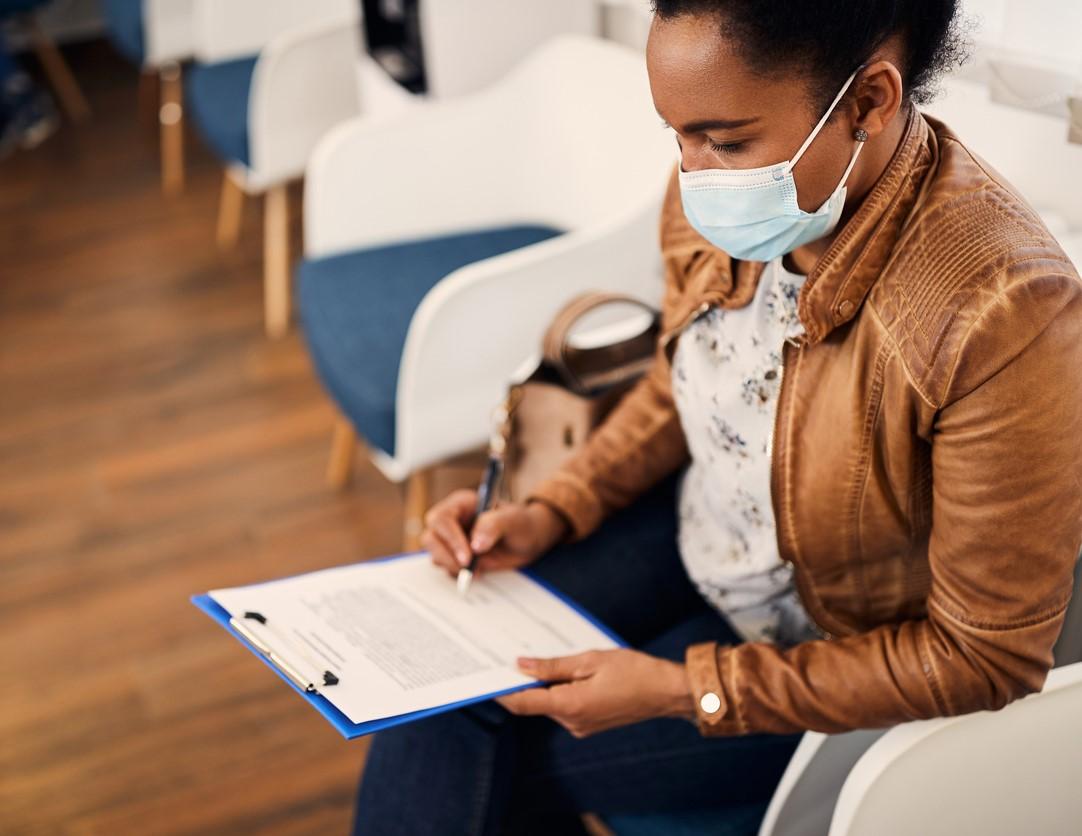The US Department of Health and Human Services (HHS), through its Agency for Healthcare Research and Quality (AHRQ), today announced nine grant awards of $1 million each for up to 5 years to support existing long-COVID clinics. The grants are also designed to expand access to care to patients suffering from long COVID, especially those in underserved groups and areas.

Robert Otto Valdez, PhD, AHRQ's director, said the grants have the potential to serve as a roadmap for developing better care models for clinics serving patients with long COVID. "We look forward to sharing actionable knowledge from AHRQ grantees with other healthcare providers to support high-quality care for vulnerable patients with Long COVID," he said.
For example, HHS said strategies include increasing access to in-person and virtual visits, adding dedicated care coordination, and integrating dedicated behavioral health staff and rehabilitation support programs.
The effort is part of the Biden administration's plan to accelerate research into long COVID and support patients who are battling the condition. HHS Secretary Xavier Becerra, JD, said, "Treatment of Long COVID is a major focus for HHS, and AHRQ is helping lead the way through grants to investigate best practices and get useful guidance to doctors, hospitals, and patients."















